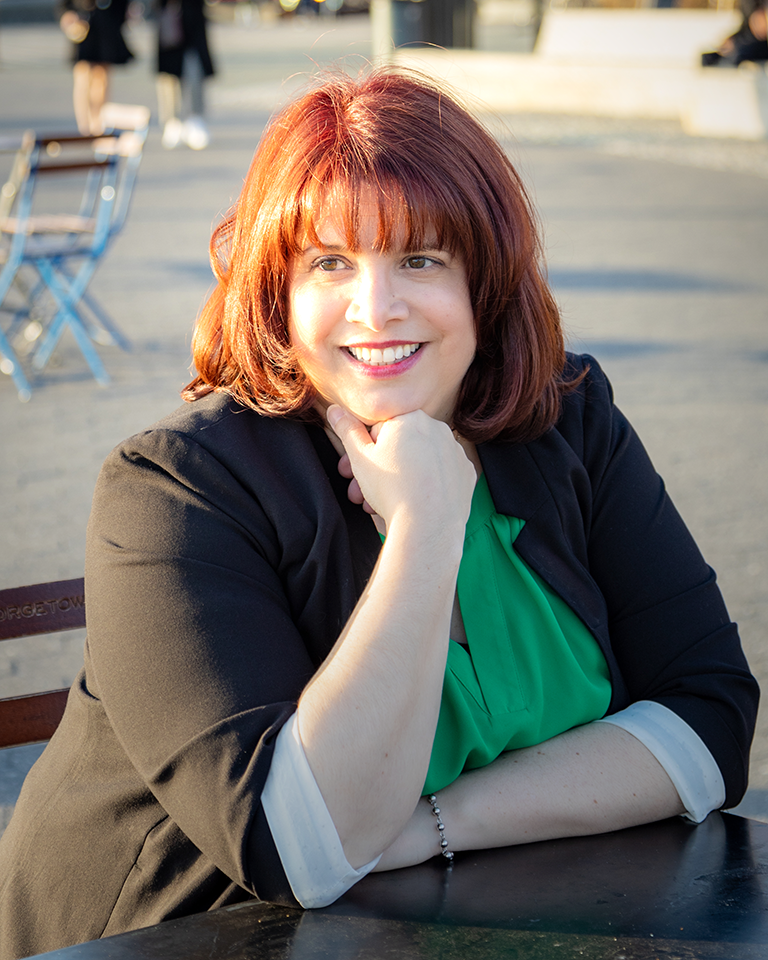NOTE: October is Learning Disabilities (LD)/Dyslexia/Attention Deficit Hyperactivity Disorder Awareness (ADHD) Month.

by Susan Reynolds, National Center for Learning Disabilities field organizer
Like many parents, I woke up on March 13 with a notification from my son’s school district: school was canceled for the day. As I read through the news that morning, I had a strange feeling wash over me. My instincts were telling me that schools were getting ready to close for in-person learning for an undetermined amount of time.
I remember saying to my husband, “I’m ADHD and so is our son, and we both have learning disabilities. I work from home, and now our son will be learning from home, too. We need to sit down and figure out a better schedule.”
We started to plan as best we could.
We had to figure out: Which appointments need to be rescheduled or canceled? Where can we set up a “school” space for our son? What about our jobs, too? As with many working parents, we wanted to find a way to balance and structure telework schedules, with at home learning.
Like most families across the country, we had more questions than answers, which made it difficult to plan.
Even though so much was unknown back in March and April, I knew a few things. I knew that school districts were trying to find answers for parents and families. I knew that my family was safe. I also knew that I wasn’t alone, because no one was certain how long schools would be closed.
I kept wondering: How is it possible to even plan for the unexpected? Little did I know that while I was working so hard to keep my family safe and organized amidst the uncertainty, COVID-19 was also presenting a new opportunity.
It was a struggle at first, surely.
I had just started a new job at the beginning of March and was still learning the job and what was expected of me. I have ADHD and have two learning disabilities. While I wanted to teach my child at home, I was also concerned that my own disabilities would present obstacles.
My dyslexia impacts my reading comprehension, and I have a visual motor processing disorder too.
How could I teach my child to learn? He has ADHD and visual motor processing issues like me.
How could I teach him when I struggled throughout school myself? I could feel old insecurities trying to take hold, which were not helpful.
That’s when I started to think about how I self-accommodate. I have been accommodating and adapting environments to my learning disabilities and ADHD all of my life. I needed to show my son that it is possible to self-accommodate and learn. We would find ways to navigate our new normal, and we would do it together.
Every day, I was able to see how my son learns. I observed, took notes, and asked questions. I saw his strengths, weaknesses, and asked for his input on how to improve the way he learns. My son advocated for himself and shared with us what worked and what didn’t work. My husband and I were constantly adapting the school day. Pivot became part of our daily vocabulary.
We implemented morning meetings to discuss the workday and school day. We talked about being flexible in our thinking too. Our family felt a little more prepared even when we encountered the many unknowns.
It’s been a difficult time for many families; mine included. However, I feel that learning more about my child’s disabilities has been good for us. While I share the same diagnoses as my son, our accommodations are not the same.
Over the last few months, I have taken the time to really learn from my son. I want to be a better advocate for him, and I want his educational experiences to be fulfilling. COVID-19 gave me that unexpected opportunity.
Susan Reynolds is a parent, advocate, and learning-disabled adult (diagnosed with ADHD, Dyslexia, and Visual Motor Processing Disorder). She currently works as a Field Organizer for the National Center for Learning Disabilities.
Blog articles provide insights on the activities of schools, programs, grantees, and other education stakeholders to promote continuing discussion of educational innovation and reform. Articles do not endorse any educational product, service, curriculum or pedagogy.

Hello. I feel connected about teaching a son with learning disabilities. I am not sure my own but I do have problems concentrating and focusing. My concern is now haw can I get help for us my son is fighting his disabilities at 37. I’m not sure who to call on. I respect for you is greatly appreciated.
Listen, don’t just when they give out ideas or theories that may seem bizarre or strange to you. Be open to what they have to say with an open mind. The more you encourage them and try to see things from their point of view, the more confidence they will have in themselves which will give the desire to learn more.
Dear Susan,
What a wonderful article to capture what so many of us parents were trying to grapple with in March and to this day. I have used the word pivot in my vocabulary before but not in the same context of hybrid/at home learning! I’m starting today! Thank you so much for sharing your story!